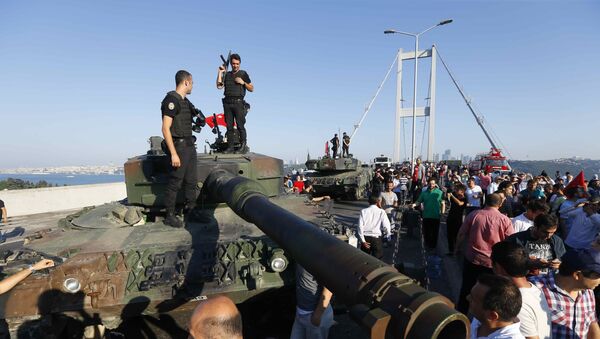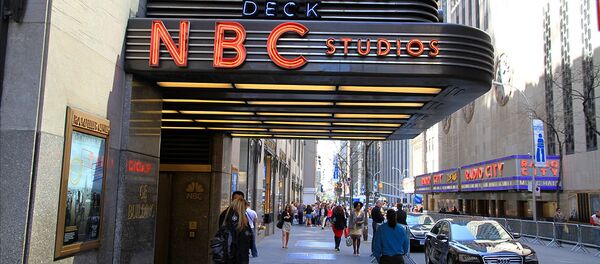While the government of President Recep Tayyip Erdogan managed to quell the coup attempt that left at least 290 people dead and over 1,000 injured, he has not been able to stop the havoc that an attempted military takeover has wreaked on the country’s image abroad.
Given that the Turkish armed forces are the second largest in the NATO alliance, instability doesn’t bode well.
To remedy the situation, Ankara hired global PR firm APCO Worldwide to carry out "crisis communications," according to a signed contract submitted to the US Justice Department.
"[APCO will provide] media relations, crisis communications, third party outreach, and social media strategy and development within the United States all in furtherance of promoting positive relations between the Republic of Turkey and the United States," the contract reads.
The company will receive $74,200 for services rendered over the course of just two weeks, between August 1 and August 15.
The Turkish government also has a number of other lobbying firms on retainer pushing for the extradition of religious and political figure Fethullah Gulen, currently living in exile in Pennsylvania. The Erdogan administration has accused Gulen of being behind the coup, and Washington has consistently refused extradition requests, citing a lack of compelling evidence.
Ankara has paid Gephardt Government Affairs roughly $1.7 million this year to lobby on the Hill for favorable relations with Turkey. That company is led by former Democratic House Majority leader Dick Gephardt.
Last year, the Turkish government paid Robert Amsterdam, an international lawyer, roughly $50,000 per month to attack Gulen in US courts and media outlets.
Ankara has taken a number of steps domestically in the wake of the coup. The Erdogan administration has launched an unprecedented crackdown on those suspected of being involved, including people in civil, judicial, education, and military positions.
Erdogan has publicly considered reinstating the death penalty.
"What do the [Turkish] people say today?" he said during an interview with German television last month, "They want the death penalty reintroduced. We as the government must listen to what the people say. We can’t say 'no, that doesn’t interest us.'"
Adding the cost of lobbying efforts, the coup’s price tag continues to climb.
"When we consider all those warplanes, helicopters, weapons, bombs and buildings," Turkish Customs and Trade Minister Bulent Tufenci said, "the cost is 300 billion liras [$100 billion] at minimum according to our prior calculations."





